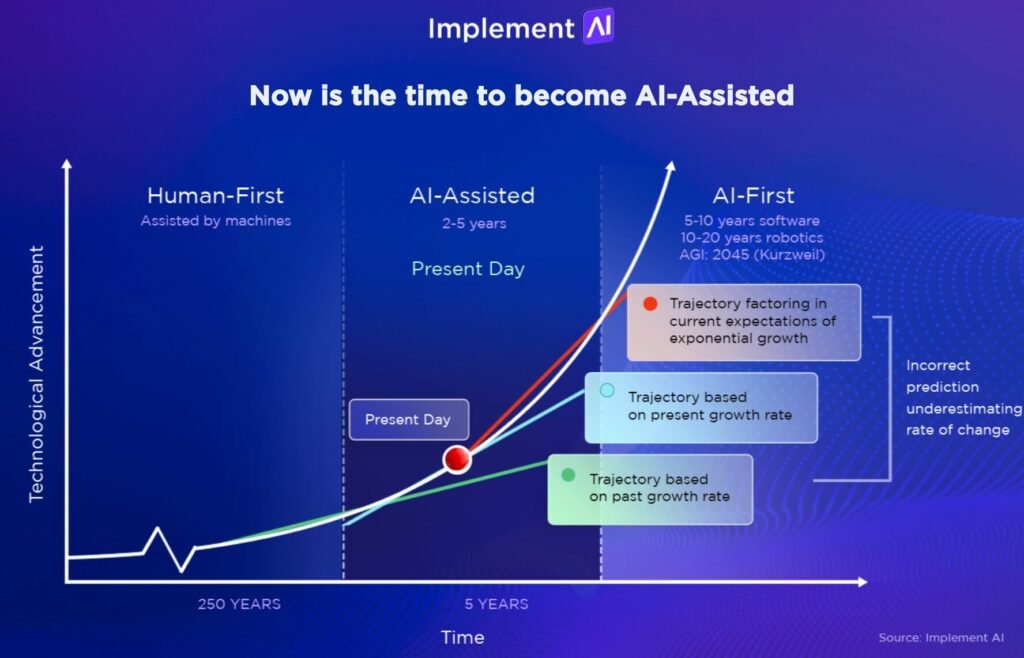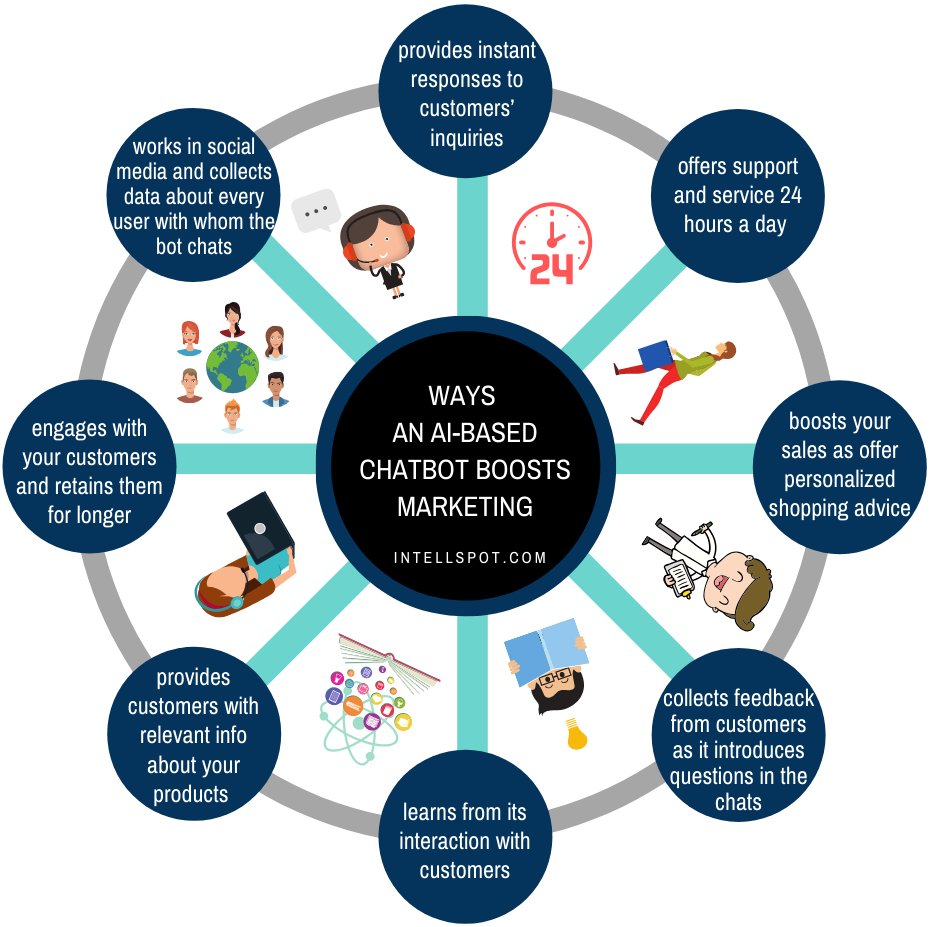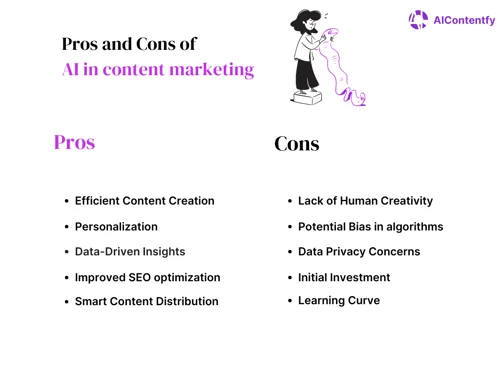AI in Content Marketing:
Introduction
Artificial Intelligence (AI) is revolutionizing industries worldwide, and content marketing is no exception. As we move into 2024, the role of AI in content creation, optimization, and distribution is becoming increasingly significant. In this post, we’ll explore how AI is shaping the future of content marketing and what you need to know to stay ahead.
Additionally, AI-powered tools offer significant improvements in personalization. They can analyze user behavior and preferences to deliver customized content experiences, enhancing user engagement and satisfaction. This level of personalization helps build stronger connections with the audience, leading to higher conversion rates and more effective marketing campaigns. As AI continues to evolve, its role in content marketing will likely expand, providing even more innovative ways to engage with audiences and drive business success.

What is AI in Content Marketing?
AI in content marketing refers to the use of machine learning algorithms, natural language processing (NLP), and other AI technologies to enhance various aspects of content creation, optimization, and distribution. From generating content ideas to analyzing performance metrics, AI tools are designed to make content marketing more efficient, personalized, and effective.

By leveraging these advanced technologies, businesses can automate repetitive tasks such as keyword research, content generation, and performance analysis. AI can sift through vast amounts of data to identify trends, generate insights, and recommend strategies tailored to specific audience segments. This not only saves time but also helps marketers create more targeted and relevant content that resonates with their audience.
Additionally, AI-powered tools offer significant improvements in personalization. They can analyze user behavior and preferences to deliver customized content experiences, enhancing user engagement and satisfaction. This level of personalization helps build stronger connections with the audience, leading to higher conversion rates and more effective marketing campaigns. As AI continues to evolve, its role in content marketing will likely expand, providing even more innovative ways to engage with audiences and drive business success.
Features
AI in content marketing offers a range of powerful features that are transforming how businesses engage with their audiences:
- Content Generation: AI tools like GPT-4 can generate high-quality content at scale, helping marketers create blog posts, social media updates, and even video scripts with minimal effort.
- SEO Optimization: AI-powered tools analyze search trends, keywords, and user intent to optimize content for better search engine rankings.
- Personalization: AI can tailor content to individual users based on their behavior, preferences, and past interactions, leading to more personalized and relevant experiences.
- Data Analysis: AI tools can sift through vast amounts of data to provide insights into content performance, audience engagement, and campaign effectiveness.
Pros & Cons
AI in content marketing comes with its own set of advantages and challenges:
Pros:
- Efficiency: AI can automate repetitive tasks, allowing marketers to focus on strategy and creativity.
- Scalability: With AI, businesses can produce and distribute content at scale without compromising on quality.
- Personalization: AI-driven content personalization can lead to higher engagement and conversion rates.
Cons:
- Ethical Concerns: The use of AI in content creation raises questions about originality, authenticity, and bias.
- Cost: Advanced AI tools can be expensive, making them less accessible to small businesses.
- Dependence on Technology: Over-reliance on AI might stifle human creativity and insight.

Conclusion
The landscape of content marketing is rapidly evolving with technological advancements. As we move forward, artificial intelligence is set to significantly impact how businesses create, optimize, and distribute content. The ability to automate repetitive tasks, personalize user experiences, and analyze data in real-time opens up exciting new possibilities for marketers.
While these innovations offer tremendous potential, they also bring challenges and ethical considerations that need careful thought. Balancing the efficiency provided by technology with human creativity and judgment will be crucial for successful marketing strategies.
To stay ahead in this dynamic environment, it’s important to embrace these advancements while maintaining a strategic approach. By adapting to new tools and remaining thoughtful about their application, businesses can effectively enhance their marketing efforts and achieve their objectives in the years to come.

